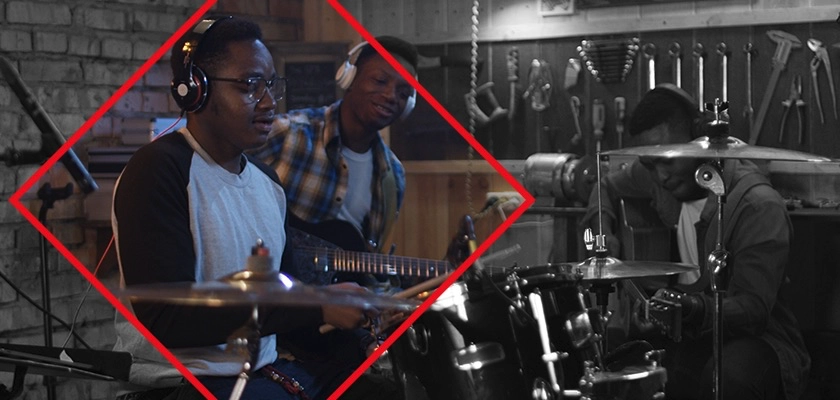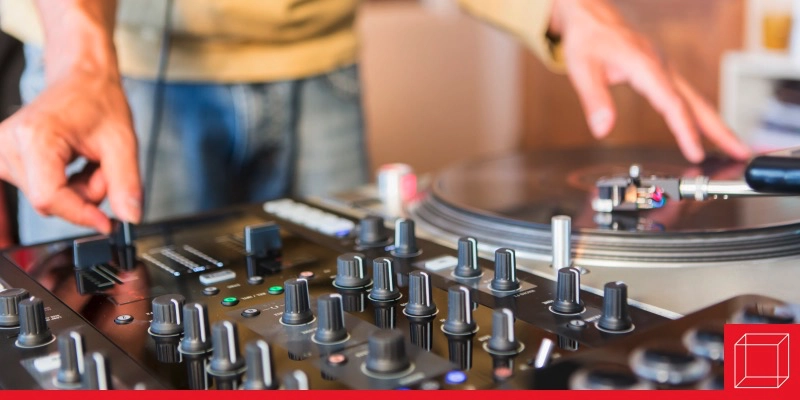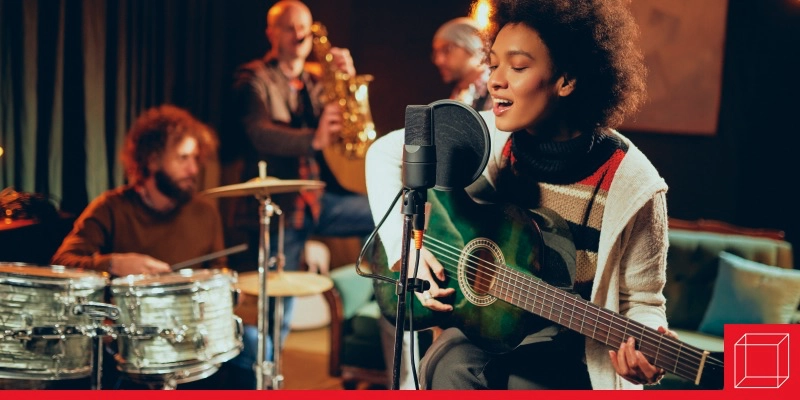Transition Your Core Competencies
It may not seem like being in an ensemble would have transferrable skills to the typical job market but that is not true. Learn more about the skills you have that can benefit any career.

In our digital world, we are becoming increasingly individualistic, being able to work with a team is a skill many overlook before joining the workforce. Our ability to play well with others is something we hear about as children; but it’s now, more than ever, a great core competency to develop right now.
Music majors spend most of their time honing their talents as a musician through practice and performance. Practice and performance can look different depending on the individual and the opportunities available, but the abilities performers develop by playing with ensembles can translate into marketable assets for the future.
While playing with others is a great outlet for study and enjoyment for most, it also provides students a chance to enhance skills that go beyond performance. This experience of teamwork and collaboration can sharpen musicians’ abilities to work together among other things.
Here is how ensemble performance can transfer into some of the most sought-after job skills.
- Communication
Music at its best happens when musicians are listening and responding to one another. Within a group, one voice cannot always overpower the others. Musicians must learn to blend with one another and give and take based on the guidance of the music. This skill can develop through practice, but it creates a stimulating atmosphere when it radiates in real time during a performance. - Creativity
Magical creative moments happen most often when individuals create collaboratively. Each musician has something unique to offer, and when all participants are contributing, the result is impossible for others to duplicate. Here, the value is not in the individual but rather in what comes out of several individuals bringing their unique contributions to the group. - Spontaneity
Practice sessions can catalyze creativity; time spent learning with and about one another will allow greater freedom in the performance. The stage is electrified when musicians are empowered to improvise collectively. The ability to do this comes not only from musical skill, but also from trust and knowledge of one another. - Adaptability
Musicians are often compelled to respond to feedback and criticism. They may adjust with synchronicity based on the temperature of the audience during a performance or use feedback afterward to adjust for subsequent performances. - Time Management
Performance dates are deadlines that musicians learn to meet on a regular basis. Being able to plan, program, advertise, and practice are just a few factors that musicians must take into account when preparing for a performance.
Questions to Consider:
- What other core competencies, that are developed in ensembles, you could transfer to other areas?
- What are some ways you can seek out opportunities to expand your marketability in the job market?
- Which skills have you developed from activity participation to help you develop the sought-after skills employers are looking for?



